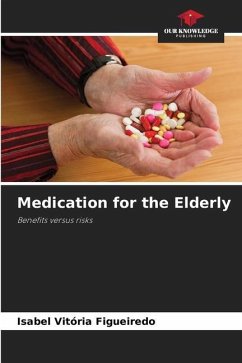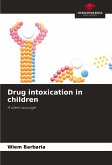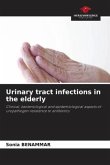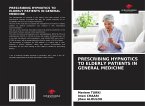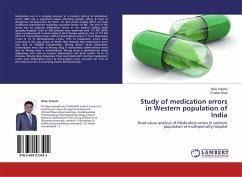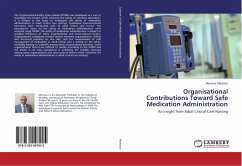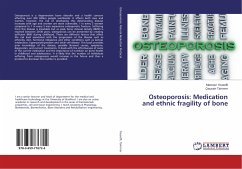Ageing and multiple comorbidities, together with changes in pharmacokinetics and pharmacodynamics, lead to greater unpredictability and variety in the response to medicines, and the elderly may be more susceptible to the effect of certain drugs. The combination of all these factors contributes to a greater risk of drug-drug and drug-disease interactions and adverse reactions, with consequent negative results for their health. Polypharmacy is a growing problem. Although not exclusive to the geriatric population, polymedication in the elderly presents particular challenges. The scarcity of evidence-based guidelines for the geriatric population, the physiological decline and fragility of this population, the coexistence of multiple morbidities, the existence of multiple prescribers and the increased risk of prescription cascades condition the responses of the elderly to drugs and jeopardise the safety of therapy. This problem forces us to rethink the way society is organised and to design strategies that enable active ageing and promote the well-being and quality of life of the elderly population.
Bitte wählen Sie Ihr Anliegen aus.
Rechnungen
Retourenschein anfordern
Bestellstatus
Storno

